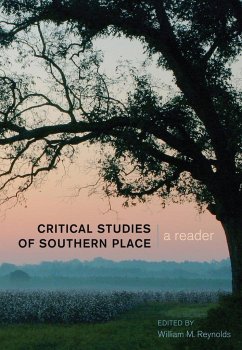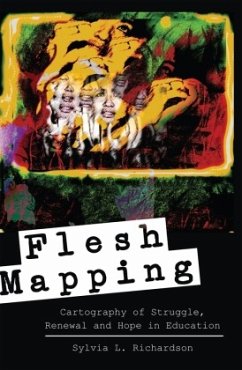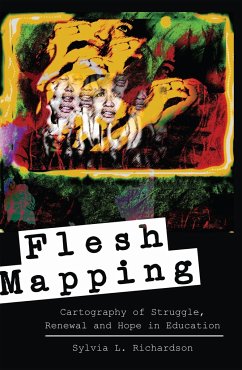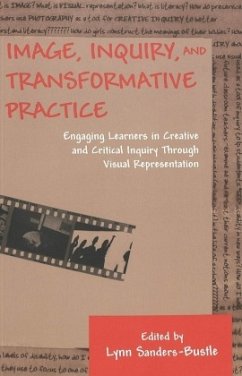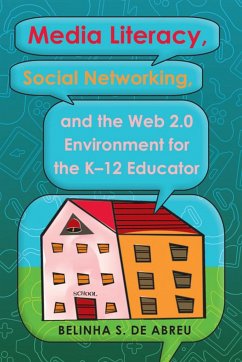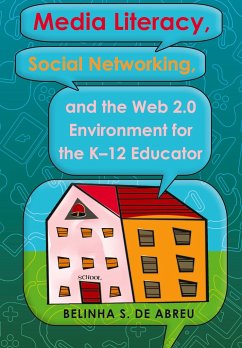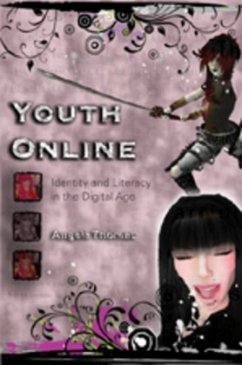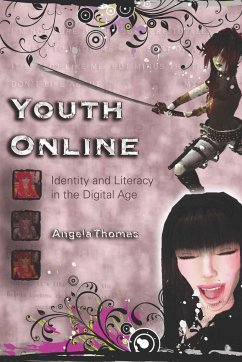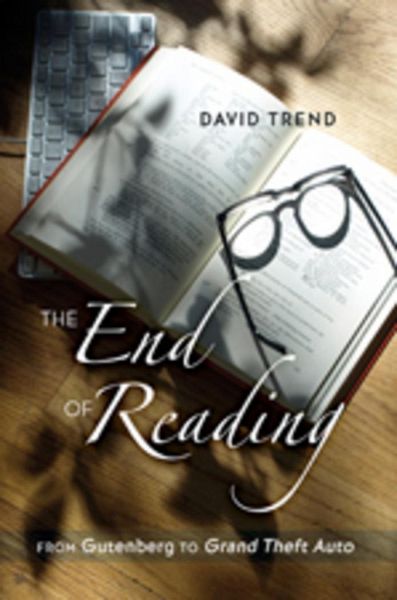
The End of Reading
From Gutenberg to "Grand Theft Auto
Versandkostenfrei!
Versandfertig in 6-10 Tagen
137,35 €
inkl. MwSt.
Weitere Ausgaben:

PAYBACK Punkte
0 °P sammeln!
Big changes have been taking place in reading in recent years. While American society has become more visual and digital, the general state of literacy in America is in crisis, with educators and public officials worried about falling educational standards, the rising influence of popular culture, and growing numbers of non-English-speaking immigrants. But how justified are these worries? By focusing on «reading», this book takes a serious look at public literacy, but chooses not to blame the familiar scapegoats. Instead, The End of Reading proposes that in a diverse and rapidly changing soc...
Big changes have been taking place in reading in recent years. While American society has become more visual and digital, the general state of literacy in America is in crisis, with educators and public officials worried about falling educational standards, the rising influence of popular culture, and growing numbers of non-English-speaking immigrants. But how justified are these worries? By focusing on «reading», this book takes a serious look at public literacy, but chooses not to blame the familiar scapegoats. Instead, The End of Reading proposes that in a diverse and rapidly changing society, we need to embrace multiple definitions of what it means to be a literate person.





